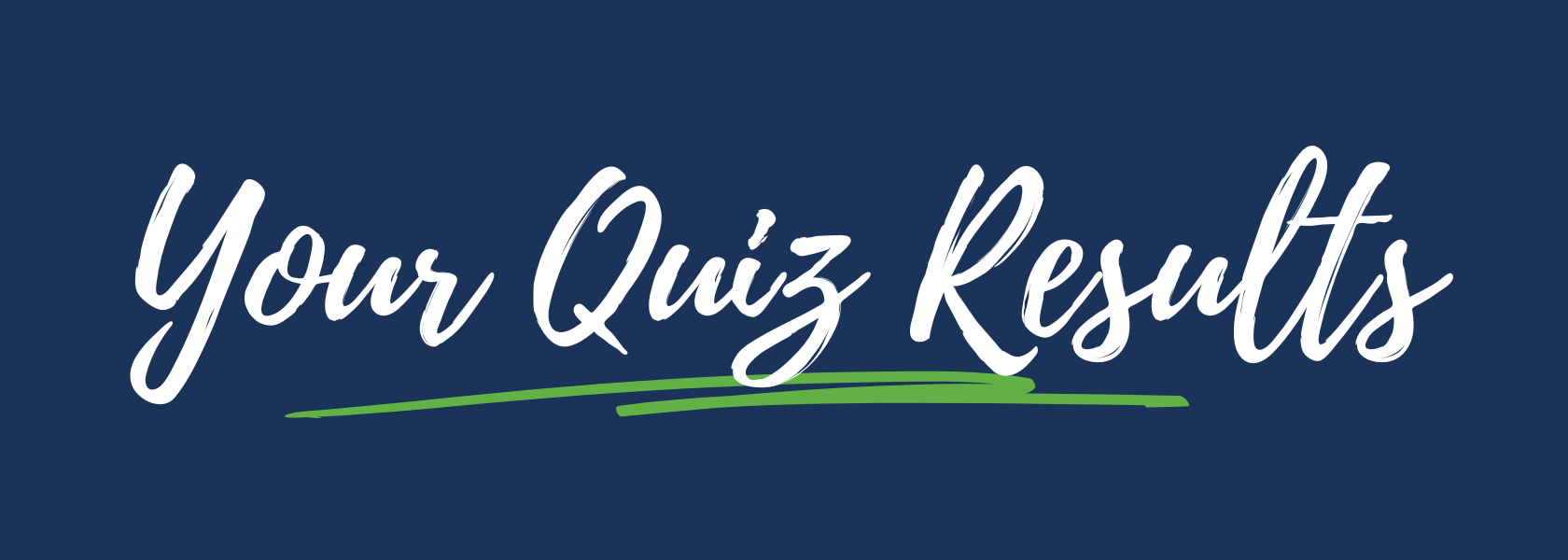We crunched the numbers (well, sort of), and here’s what your answers say about where you are and where you might go next.
YOU are ready to dive into…
Science-Aligned Literacy
Congratulations! You’re ready to explore the why behind what works in reading and writing. You might’ve heard about “the science of reading,” but now you’re digging deeper, wanting to understand how brains learn to read and how instruction can better support that process.
You’re asking smart questions:
What does this research mean for my classroom?
How do I match instruction to what students really need?
And how do I know if it’s working?
This is the perfect moment to look more closely at your assessment tools. Many teachers at this stage begin using reliable screeners and diagnostics to identify gaps in decoding, fluency, or language development. These don’t replace your instincts—they amplify them. When you start pairing strong instructional shifts with clear data, everything starts to make more sense.
You're not just learning about the science. You’re starting to use it. And that’s where confidence grows.
Get ready! This is where clarity starts to click.
Start here.
Course Taster: The Science of Reading K-2 & 3-5
Begin with the The Science of Reading taster to ground your team in the current research landscape and help frame why shifts in practice are emerging across international schools.
Next…
Course Taster: Impactful Assessment; Elevating Instruction
Follow with the Impactful Assessment: Elevating Instruction taster to explore how assessment can drive instruction and support clearer teacher decision-making.
Then…
Use the Using DIBELS Data and Action Steps as a launchpad for data-driven action:
What patterns are emerging in our students' DIBELS scores?
Where are we responding with targeted instruction?
Click the image to access the resource.
Finally…
Bring your notes to a team session, try the See–Think–Wonder thinking routine:
See: What do we notice in these resources that mirrors or challenges our current approach?
Think: What do we think this means for our students?
Wonder: What questions do we now have about where to go next?
Collect team reflections and wonderings in a shared document or Padlet. These will help shape the next stage of your literacy journey, from choosing new resources to deepening practice over time.
Like what you’ve unlocked?
These tasters are just the beginning.
Want full access to this course - plus our entire library of professional learning resources, planners, tools, and on-demand sessions? It all lives inside the EKC Community Membership.
Ready for more? Drop your name and email below, and we’ll be in touch to explore the right access path for your school.




